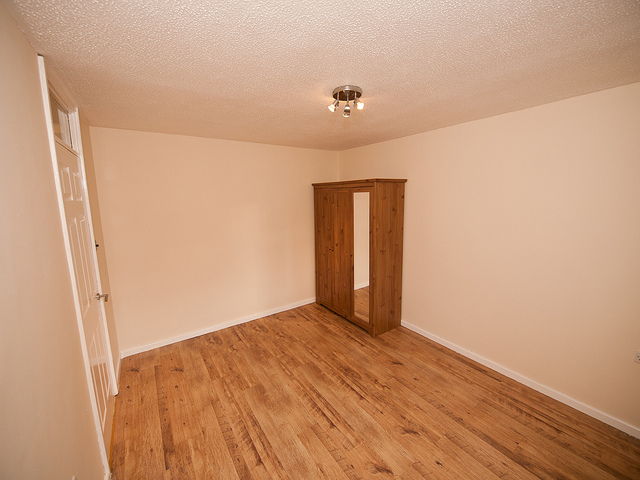Whilst my whole website discusses confidentiality, sexuality, gender and my therapeutic practice, it would not go amiss for me to produce at least a brief post that combines all of these counselling features into providing a safe containment for one particular area of society in which I specialise as a therapist: closet gay & lesbian individuals & couples.
Website Search – close, but no cigar.
Someone arrived on this website having searched for ‘counselling for closet gay’. In response to the query, Google sent the visitor to my search page. My search software dutifully produced a list of pages that were mostly about counselling, some about LGBT couple therapy, some about me, but none that expressly spoke about counselling for the closet individual.
Notwithstanding I’m taking a look at my search producing software, it was very clear that the visitor had not been presented with anything about what they were looking for from my website, and they went away.
Quite rightly.
But mistakenly so.
Counselling for LGBT People.
As male counsellor who specialises in offering counselling for the specific needs of lesbian and gay individuals & LGBT couples, it would seem to me that the whole of my therapy service would cater well for those people who are not ‘out’:
Yet, perhaps, my counselling information is (unintentionally) aimed at those LGBT people who are already out and leading happy and successful lives, regardless of their sexuality, but who sometimes wishes to meet with an LGBT counselling to work through some issues.
Being in, and coming out of, ‘the closet’.
The term being in the ‘closet’ means that a person’s sexuality or gender-identification is something other than what appears to the public, but that the person has not yet made a public declaration. The term goes hand in hand with the phrase ‘out’ or ‘outing’ meaning that when a person becomes known for their homo or bi sexuality, or desire for a change in gender, they have come out of the closet, or they have been “outed” by a third party.
It’s perhaps interesting that it is sexual minorities that have to go through this process, as it is perhaps assumed that a person is heterosexual, gender-phoric (as opposed to dysphoric) or cis-gender until other facts are known.
It’s perhaps also interesting that as more people – particularly role (or pseudo-role) models – announce their sexuality or gender-reassignment (or gender ambivalence as not transgender people feel the need to make a full transition from one gender to another) – the process of coming out of the closet (outing ones self) is becoming easier and more socially acceptable (Seidman, Meeks, and Traschen (1999) argue that “the closet” may be becoming an antiquated metaphor in the lives of modern day Americans).
Nevertheless, society still assumes one is a heterosexual cis-gendered person until one corrects the notion.
Not everyone wants to be ‘out’.
It would not be surprising that some people would benefit from discussing their sexuality with a helpful & friendly professional, someone with whom they might feel safe, in order to find support before they go through a (sometimes) traumatic process as outing themselves.
It is not the counsellor’s position to encourage self-outing (or maintaining self-closeting) as the decision for action is down the client, with the counselling processing being available to assist the client on reflection: pros, cons, effects, affects. LGBT counselling is not a solution of itself but a helpful tool.
In closing, I hope this brief post goes some way to correct, clarify and reconcile my services into a clearer statement of some of the kinds of counselling services that I offer.


